/https://www.thestar.com/content/dam/thestar/news/canada/2021/07/08/barely-out-of-a-pandemic-heres-why-jason-kenneys-government-is-picking-a-fight-with-alberta-nurses/heather_smith_nurses_alberta.jpg)
Barely out of a pandemic, here’s why Jason Kenney’s government is picking a fight with Alberta nurses
By Kieran LeavittEdmonton Bureau
Thu., July 8, 2021
EDMONTON—After 15 long pandemic months during which health-care workers were largely heralded as front-line heroes, the news this week that Alberta wants to roll back wages for nurses landed with a thud.
Premier Jason Kenney’s government is proposing a three per cent wage rollback for nurses as part of long-running and contentious contract negotiations.
Union president Heather Smith calls the move “incredibly insulting” to an “exhausted workforce,” and says her United Nurses of Alberta are getting ready for a potential strike.
So why would a provincial government choose this moment to pick a fight with a group of workers still riding high in ranks of public esteem following an unprecedented health crisis?
Looming large in that conversation are the province’s finances — and Kenney’s political future.
Kenney, during a Thursday news conference, said nurse compensation is, on average, 5.6 per cent higher than the rest of Canada and that “we have a $16-$17 billion deficit.”
“This government is not going to squeeze more money out of taxpayers by raising their taxes to deal with that,” he said, touching on a question ever present in Alberta about whether it should finally introduce a provincial sales tax.
“We just need to operate more efficiently.”
/https://www.thestar.com/content/dam/thestar/uploads/2021/07/08/edm11120146-0.jpg)
The United Conservative government has had its eyes on reining in public-sector spending since it was first elected in 2019. Post-secondary workers and doctors have already faced similar government moves — nurses are just the latest cohort.
One political observer said Kenney is trying to make cuts like it’s the 1990s.
Ralph Klein, the long-serving and storied conservative premier of the province — often invoked by Kenney when he explains his decisions — is partly remembered for cutting public-sector wages and reining in finances during that era.
University of Calgary political science professor Lisa Young says Kenney’s government appears to buy into that ideology.
“There is a view in conservative circles in Alberta that the public sector is compensated in too generous a way, that we pay too much for public services in Alberta and get too little in return,” she said.
However, she called the timing of the proposed wage rollback “politically disastrous.”
Recent polling suggests that if an election were held today, Kenney’s government would at least struggle to hold onto power, if not get beaten by Rachel Notley’s NDP. Many in Alberta have been angry with public-health restrictions, the handling of the pandemic and several ethical faux pas that have plagued the United Conservatives.
Young says Kenney faces a problem of whether to appeal to his base on the right, which could be favourable to public-sector cuts that could help deal with his province’s current deficit, or play to the centre to try and win over voters who could go to the Opposition NDP.
“This is sort of an existential question for this government,” she said.
That said, “in pursuing wage rollbacks, particularly for nurses at this moment, it’s very clear the choice that the government is making. They are choosing to try to win back the supporters on the right flank,” added Young.
“What you end up doing is alienating those probably urban voters who are centrist, who see it as crass and unkind.”
Trevor Tombe, a University of Calgary economist, said Alberta’s health-care spending — it spends about $23 billion a year — is by far its largest line item, much like other provinces, and that wages are largest expense and thus a natural place for a government to look to make cuts.
The previous NDP government also had “difficult negotiations” with public-sector unions while it sought to bar wage increases, Tombe said.
However, “They also didn’t really engage publicly in the overt political way that the current government is doing,” Tombe said. “If things would just be kept at the bargaining table, or if conversations were less confrontational, let’s say, then the level of controversy might be a little bit less.”
Tombe said Alberta “has options” on the revenue and spending side in that it could bring in new taxes or cut program spending.
“The Alberta government has fiscal capacity that is the envy of every other provincial government in the country,” he said.
Smith, the United Nurses of Alberta president, says the government doesn’t have a spending problem at all.
“It is a revenue problem which they want to solve on our backs,” she said.
Negotiations between the union and Kenney’s government, along with the province’s health authority, Alberta Health Services, have been on-and-off for months, but Smith said that “the government is calling the shots” at the table.
“Throughout the pandemic, we have worked with less than adequate staffing, meaning that the staff who are here have had increased demands, forced labour, in effect, mandatory overtime,” she said.
“They’re physically and mentally exhausted and now being told that after all of this, they are actually worth less value to Alberta and Albertans than they were 18 months ago.”
Smith echoed Kenney’s logic around compensating similarly to other provinces: “We are the only province without a sales tax. If we had comparable taxes to other comparators, we wouldn’t even have deficits here.”

Kieran Leavitt is an Edmonton-based political reporter for the Toronto Star. Follow him on Twitter: @kieranleavitt
/https://www.thestar.com/content/dam/thestar/opinion/contributors/2021/07/09/as-the-heat-dome-takes-lives-canadian-banks-must-acknowledge-their-role-in-climate-change/pump_jack.jpg)
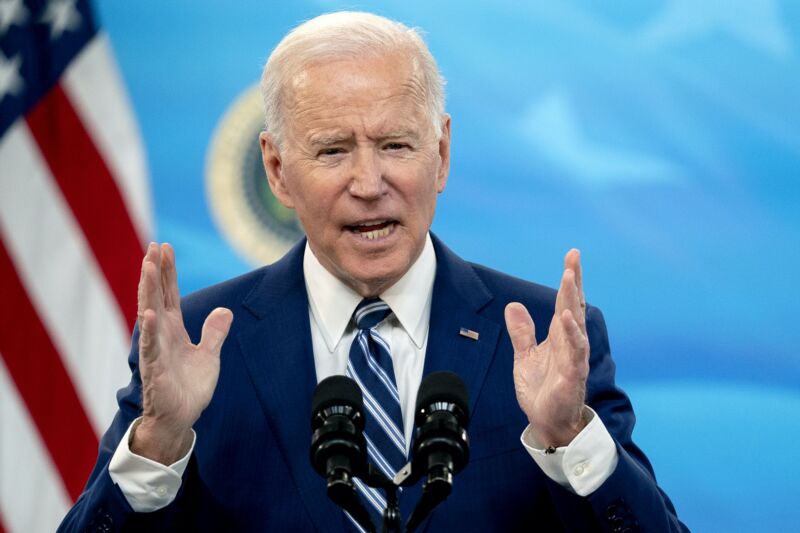
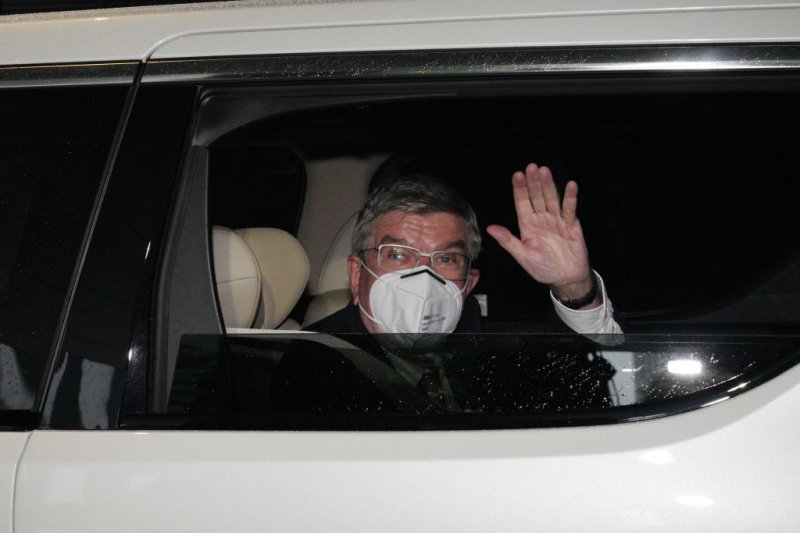
/https://www.thestar.com/content/dam/thestar/opinion/contributors/2021/07/09/im-tired-of-watching-the-world-end-its-time-to-get-radical-on-the-climate-crisis/lytton_fire.jpg)


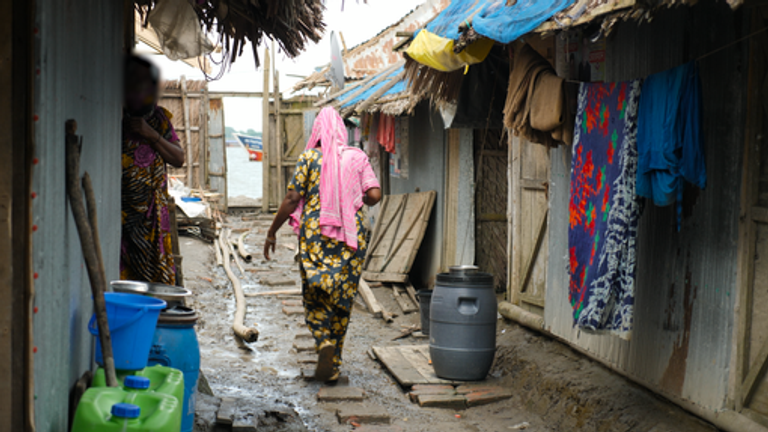
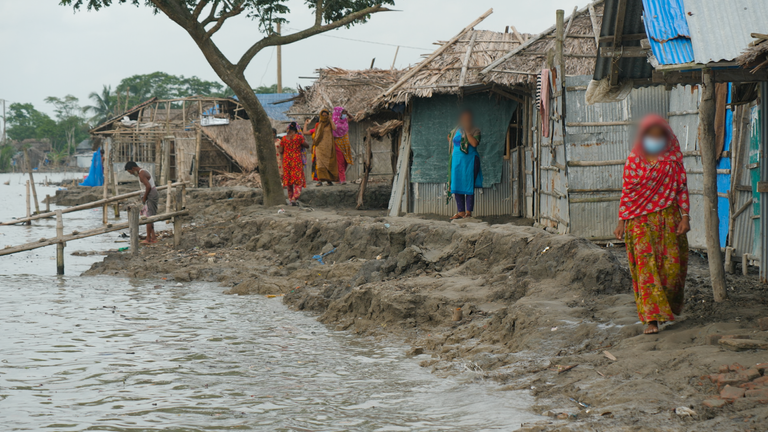
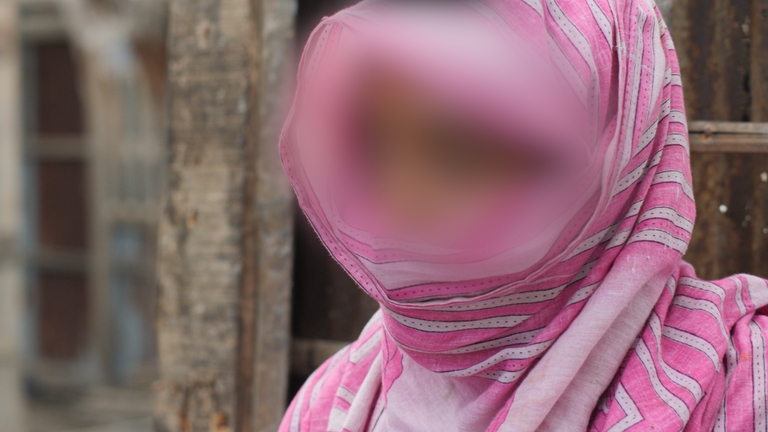
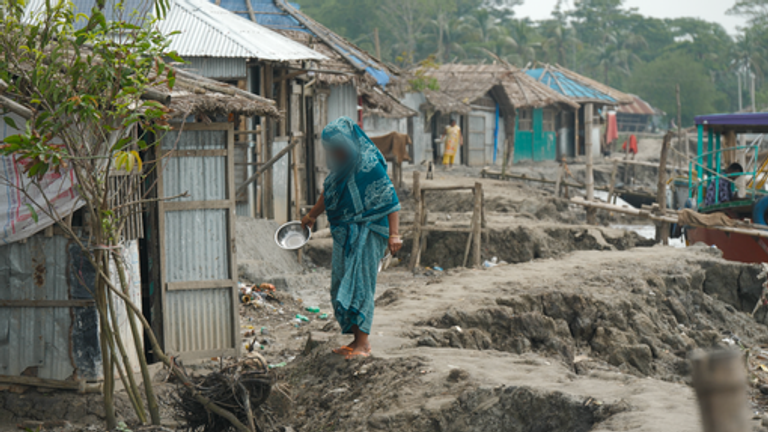

 Image:Rising sea levels and regular flooding are chipping away at the brothel's banks
Image:Rising sea levels and regular flooding are chipping away at the brothel's banks



